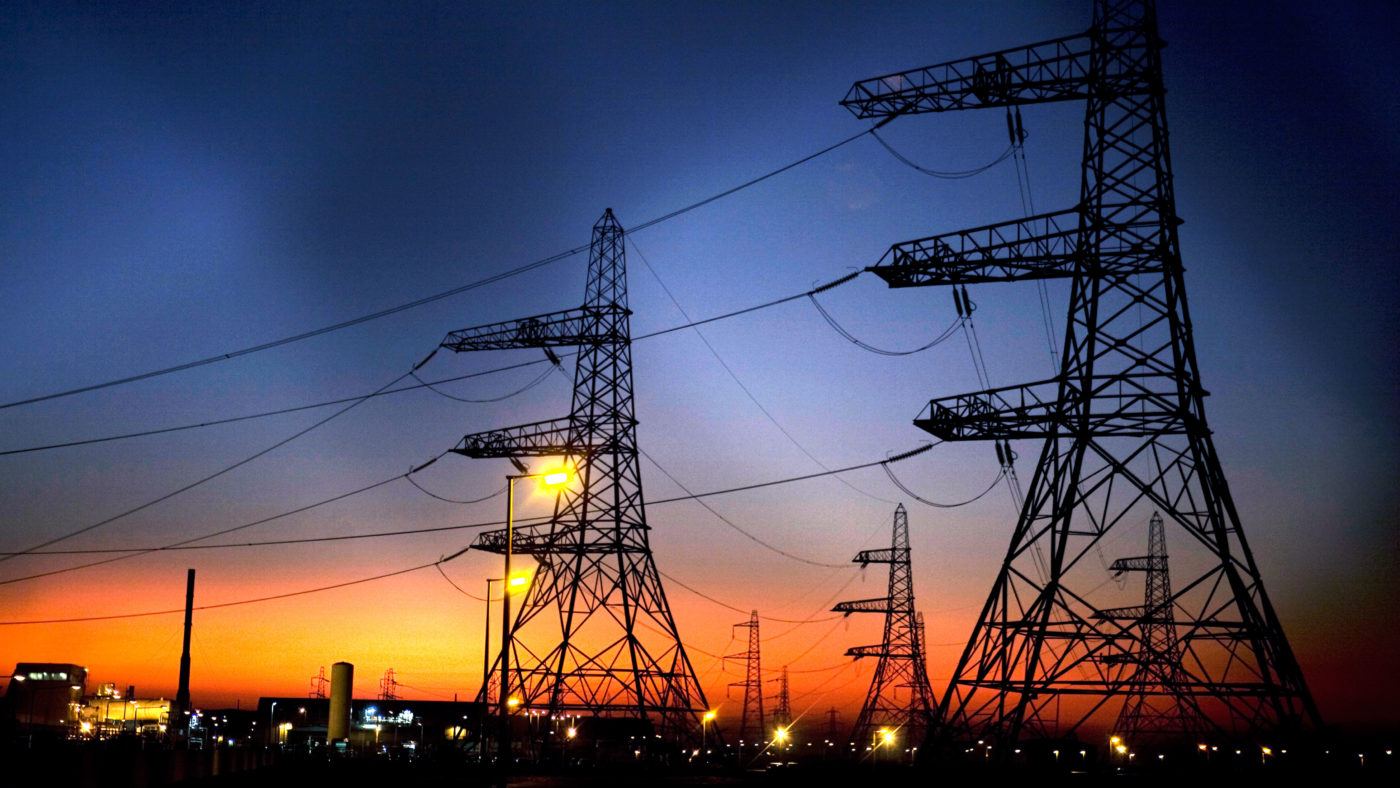A senior Ofgem executive has warned today (Dec 12) that Britain faces an energy supply crisis. This recent piece from CapX explains the scale of the problem.
Over the past decade, UK energy policy has been catastrophically mismanaged. The Government’s promotion of renewable energy has been pushed through without any reference to, or use of, market mechanisms – and it is consumers that will be paying the price.
In a report published by the Centre for Policy Studies, we estimate that the direct and indirect cost of the Government’s renewable energy programme will come out at £466 a year per household by 2020/21. And that this does not even account for the extraordinarily generous arrangements for the Hinkley Point nuclear power plant, which consumers will be paying for over the next 35 years.
Yet when it comes to UK energy policy, costs are not the only concern. The last 10 years has seen capacity plummet dramatically – but it has also seen the UK’s energy security come under increasing threat.
The culprit is a series of EU directives which have been forcing many coal-fired power stations to close prematurely. At the same time, inept domestic policy has meant that there are simply not enough new gas-fired stations to make up for the shortfall.
According to the Government’s Gas Generation Strategy in 2012, 8GW of new gas-fired power stations should currently be under construction. In fact, there is just the one, which will generate just 900MW. This failure in policy has left the UK with the narrowest of electricity capacity margins for the winter of 2016/17, with supply set to exceed demand by just 0.1 per cent (before any emergency measures are taken).
Get more from CapX
Follow us on Twitter
Like us on Facebook
Sign up to our email bulletin
To make up for the shortfall in domestic capacity, Britain has been increasingly reliant on electricity from abroad. In a written parliamentary answer in May of this year, the Government confirmed that imports of electricity have risen by 30 per cent in just two years.
Of course, this does not necessarily have to be a negative development. Analysis by National Grid suggests that increasing interconnector capacity – plugging our grid into those overseas – could reduce Britain’s electricity costs by around £1 billion a year. But this must not be used as an excuse to allow our domestic electricity generation to become dangerously inadequate.
The dangers of this approach were highlighted on September 14th, when a perfect storm of circumstances caused electricity prices to surge to record highs. A combination of very low wind output, the unplanned shutdown of two nuclear plants, an outage with the interconnector with France, and high energy demand led to forward electricity prices spiking from £40/MwH to £999.
Elsewhere on CapX
Hinkley Point is a symptom of Britain’s broken energy market
Why does Britain find it so hard to build?
Let energy spur economic growth
The solution to this problem is simple: we need urgently to incentivise the construction of new gas-fired power stations. At the moment, the Government is pinning its hopes on renewables – with those generating electricity from fossil fuels offered subsidies via the capacity market to remain on standby in case they prove inadequate.
But this system does little to nothing to incentivise the construction of new stations: in the most recent auction, only 10 per cent of gas contracts were offered to new power stations, with 90 per cent going to existing plants.
Theresa May has made the welcome declaration that energy policy should emphasise reliability of supply and lower costs for users – marking a change in direction from policies pursued over the previous decade.
Interconnectors and imports can certainly form part of Britain’s energy strategy. However, it is critical that the UK’s domestic requirements are not neglected as a result. This is an area that Mrs May’s new Government will need to address urgently.


